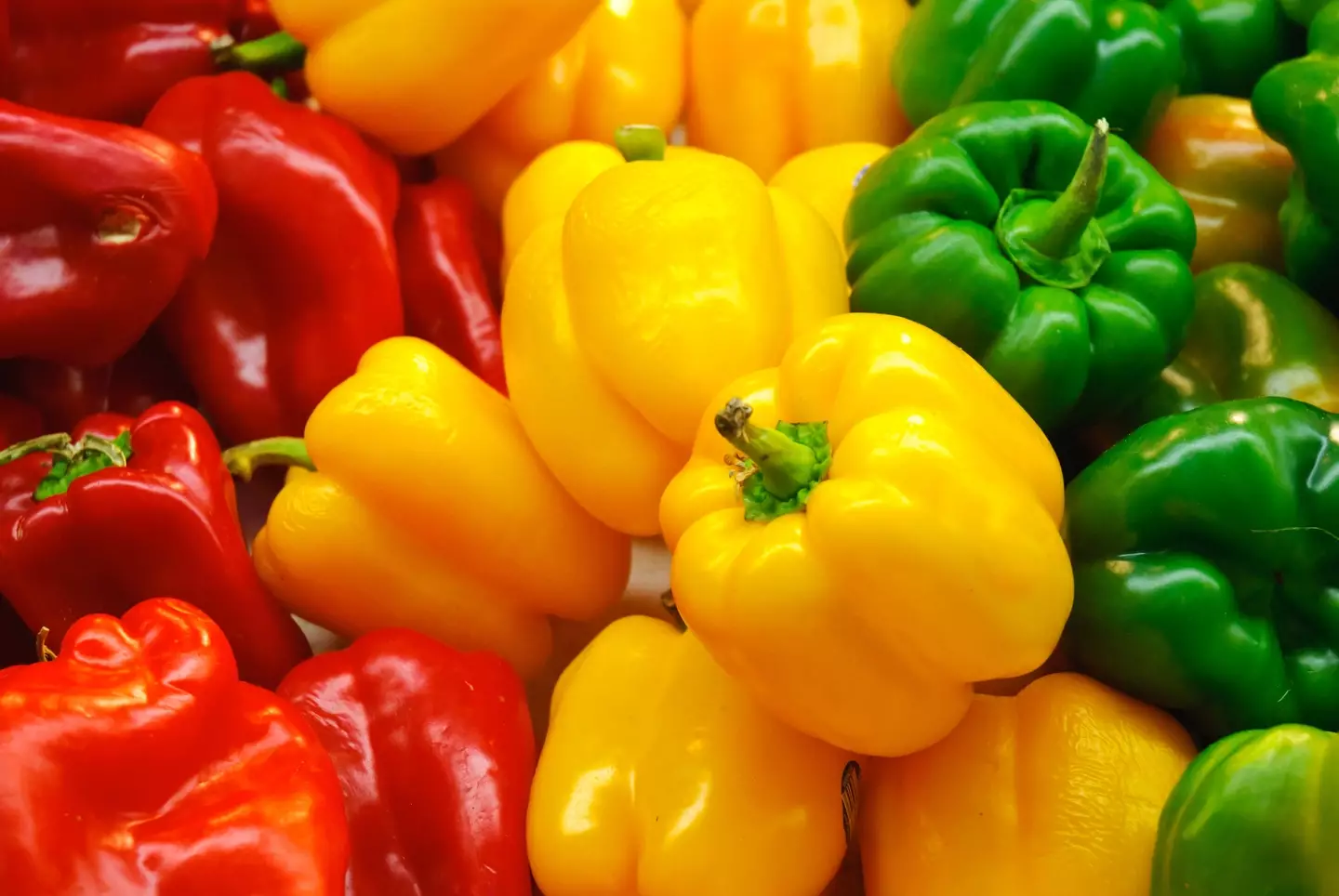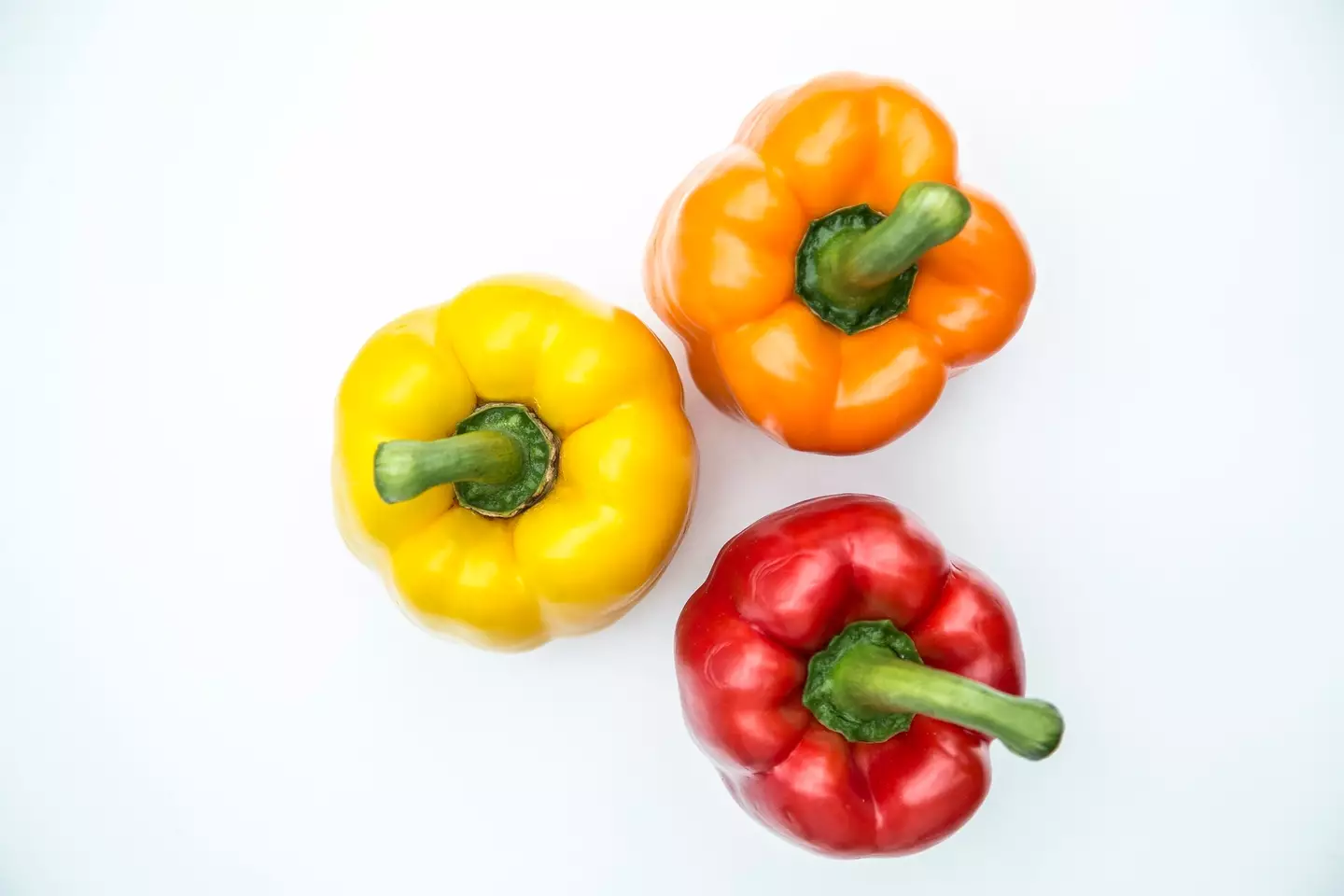
With food prices having shot up in recent years, keeping your grub as fresh as you can for as long as you can is more important than ever. Waste not, want not, and your wallet will thank you for it.
Fruit and vegetables can be particularly difficult to keep fresh, especially if you prefer to plan your meals and do a weekly shop. Who hasn’t received a groceries delivery only to find that some of their fresh produce is already on the turn?

An essential vegetable is the humble pepper –versatile, great in curries, salads, pasta bakes, sauces, and all manner of other things – and you likely keep them in the fridge. If you don’t already include them in your diet, you absolutely should if you don’t have an allergy to them.
Advert
Along with being rich in fibre, vitamins A and C, and a tonne of antioxidants, they can help to improve your vision and immune function while also helping to protect you against chronic illnesses.
In terms of their ideal storage, you may also have noticed that supermarkets often tend to store them on non-refrigerated racks, and some experts reckon this is the way to go.
Kitchenaid says: “For optimal crispness, bell peppers should be stored at room temperature. Keeping them in the fridge can make their exterior less crunchy.”
According to Fridge.com, the reason for this is that cold temperatures can weaken peppers’ cellular structure, making them less rigid and more prone to losing moisture. If you prefer a crunchy pepper, this might be advice worth following.
Irish outlet The Journal agrees: “Unless they’ve been cut, peppers don’t need to be refrigerated and will maintain their crisp outer skin longer outside the fridge.
“They should, however, be stored in a cool, dry spot — not in the fruit basket in the sunshine on the countertop. Our peppers always reside in a basket in the pantry, and once we chop into them they head to the fridge.”
However, it turns out this is a somewhat contentious subject. Marthastewart.com, blog site of home economics maestro Martha Stewart, lists them as a vegetable that should be stored in the fridge.
“Bell peppers at the grocery store are often stored at room temperature, so you may have wondered whether they need to be refrigerated,” it says. “Turns out that bell peppers should be refrigerated for optimal freshness and can last up to two weeks when stored this way.”

It continues: “According to the USDA's Food Safety and Inspection Service, bell peppers can last in the refrigerator between four and 14 days when refrigerated properly from the date of purchase.
“The length of time a bell pepper stays fresh and safe to eat depends on several factors, including the ripeness when purchased and if the bell pepper has been cut yet. For instance, cut peppers only stay fresh in the refrigerator for three to five days.
“And like other leftovers, cooked peppers last three to four days at most. How recently a pepper was picked and shipped could also affect its shelf life.”
It seems that it’s a matter of preference: for crunchiness you should keep in the cupboard; for freshness, keep them in the fridge.
